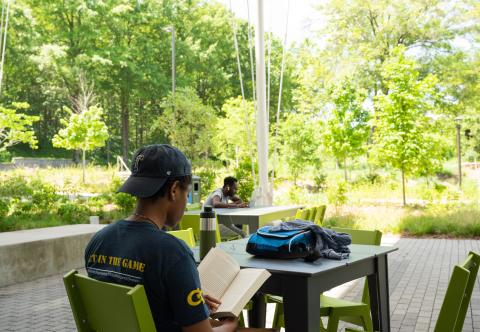
The stress of midterms may be unavoidable at times, but it can be managed. Here are a few tips and resources that can help.

DASI Simulations, uses AI and computer vision in its technology for personalized and more accurate heart valve replacement modeling.
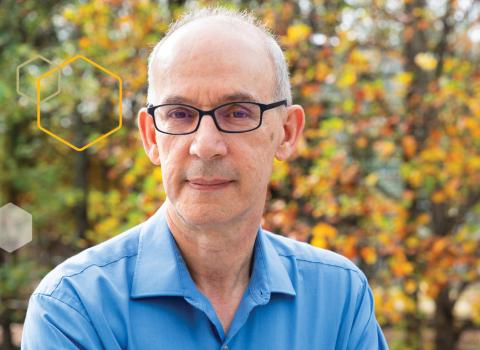
A story of human connection at the heart of Nobel-winning science
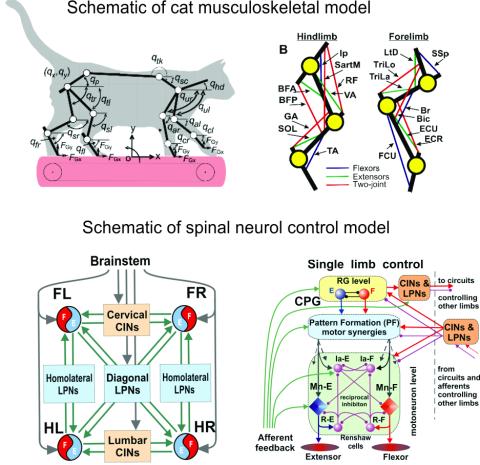
Researchers at the Georgia Institute of Technology are studying cat locomotion to better understand how the spinal cord works to help humans with partial spinal cord damage walk and maintain balance.
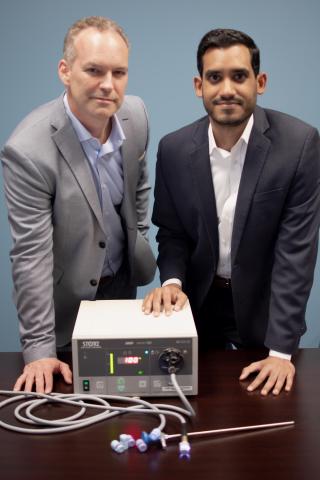
Jackson Medical's GloShield device finds success in American hospitals
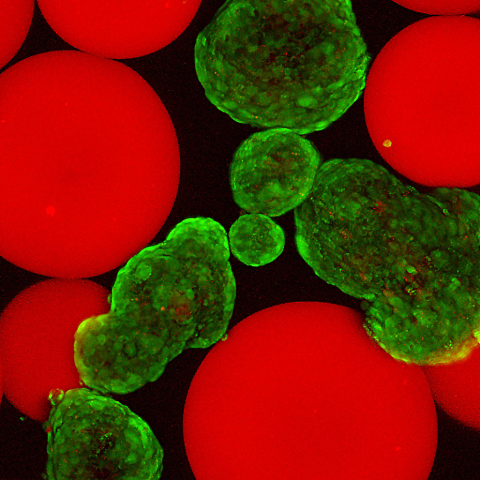
Georgia Tech researchers have developed a new biomaterial called iTOL-100 that could cure Type 1 diabetes by inducing immune acceptance of curative transplanted cells without immunosuppression.

The team will use the technology to uncover the emergence of cellular and circuit dysfunction during the progression of Alzheimer’s.

A new study published in the Journal of the American Medical Association suggests that, with proper instruction, children as young as 4 can effectively perform self-sampling with nasal swabs for testing.
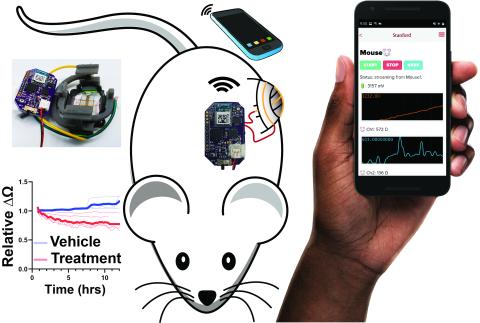
Engineers at the Georgia Institute of Technology and Stanford University have created a small, autonomous device with a stretchable/flexible sensor that can be adhered to the skin to measure the changing size of tumors below.
Researchers at Georgia Tech and clinicians at the Emory University School of Medicine are bringing a new understanding to these complicated conditions with the first high-resolution visualizations of stable spiral waves in human ventricles.
Pagination
- 1 Page 1
- Next page
